Time for neutral nations to get off the fence when it comes to Russia
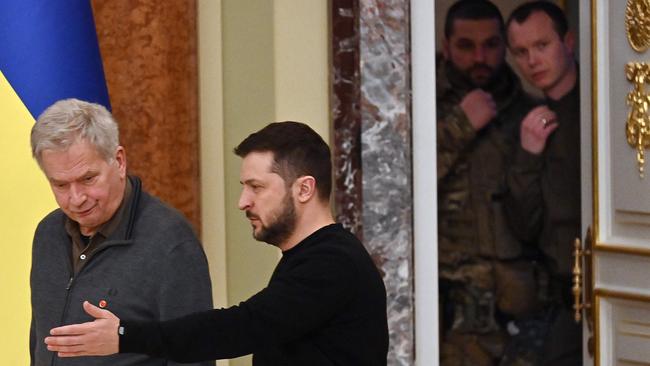
It’s not just Austria. Neutral and non-aligned Cyprus is still a pretty safe place for Russian money. In summer, wealthy Russian wives perform a charity run in high heels through the streets of Limassol. In Putin’s St Petersburg days he made at least 19 private visits across the border to Helsinki. Neutral status was perceived as an open invitation to subvert western sanctions, to hide wealth and wash it, to park yachts and invest in property.
That has to change. Finland and Sweden have made the right decision to up their defences and join NATO — though formal accession is still impeded by the Turkish leader, Recep Tayyip Erdogan — and it is increasingly obvious there is no future for neutrality in a Europe permanently threatened by war from the east. More and more, it seems to Ukraine and its western supporters as if neutrality is just a form of freeloading. Malta, Austria and Switzerland spent less than 1 per cent of their GDP on defence before the Russian invasion; Ireland, though it spends quite liberally on its rather good diplomatic service, scraped up only 0.3 per cent for its armed forces. Yet all benefit indirectly from the NATO security blanket; no one can feel safe in Europe if Russia is allowed to change borders with violence.
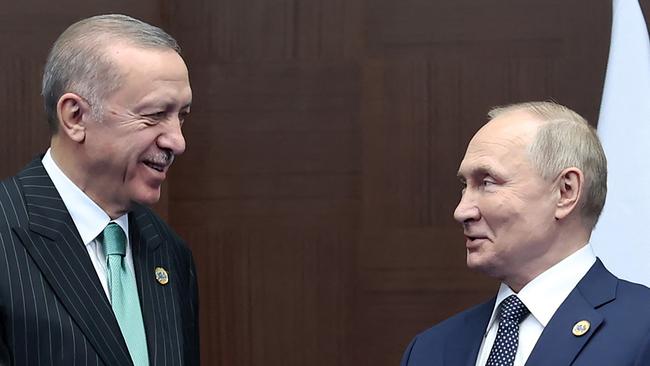
Malta, Cyprus, Ireland and Austria are all members of the European Union, which came into being for the explicit purpose of preventing another continental war. What future can there be for a European “strategic identity” if the map of the continent is peppered with states that opt out in one way or another from contributing to mutual defence? Which are still quietly putting their chips on a Putin victory?
Western perceptions of the 11-month conflict in Ukraine have evolved from it being a nasty regional dispute which could perhaps be resolved in a classically dodgy land-for-peace settlement to being a civilisational conflict, one that could fundamentally shift the world order. No wonder a Davos delegate was seen last week clutching a copy of TS Eliot’s The Waste Land, written a hundred years ago in the aftermath of one devastating world war with another one just edging into view. Eliot’s last segment is a vision of a city-destroying apocalypse: “Cracks and reforms and bursts in the violet air / Falling towers / Jerusalem Athens Alexandria / Vienna London.”
The normally unfazed 99-year-old Henry Kissinger inserted his growl into the Davos discussion, reversing his long opposition to Ukraine joining NATO: there was no longer a negotiating space for an internationally guaranteed Ukrainian neutrality and NATO membership was now an appropriate outcome. But, he stressed, the war aim could not be the destruction of Russia as a state. That “would open up the vast area of its 11 time zones to internal conflict and to outside intervention at a time when there are 15,000 and more nuclear weapons on its territory”.
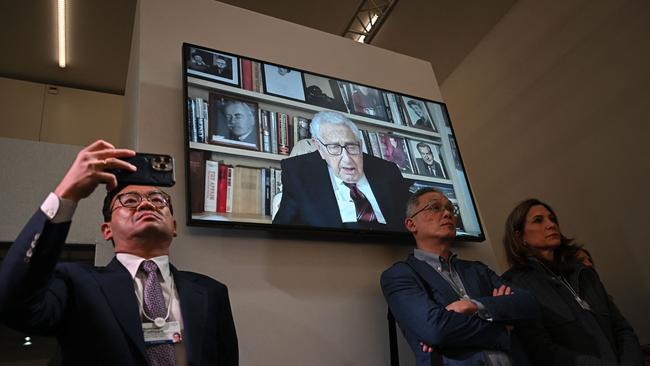
It is, in other words, time to choose. Even Switzerland, the grandfather of neutrality since it was imposed at the 1815 Congress of Vienna, is being urged to be more flexible in its interpretation of the concept. Neutrality is popular in the country and is considered essential to national prosperity. And there’s the fact that it hasn’t been attacked for 200 years by foreign troops.
But there is a vivid memory too of what happens when a narrow reading of neutrality gets you on the wrong end of the debate; by doing flourishing business, for example, with Nazi Germany. It has been zigzagging on sanctions against the Kremlin. Now it is blocking the export of arms bought in Switzerland by Germany, Denmark and Spain for use by Ukrainian forces. That came in for some justified sharp criticism from German, Ukrainian and NATO bigwigs at Davos.
The fact is old-fashioned Cold War neutrality has to have a moral component if it is to continue to be valid; the Russian war touches on so many fundamentals of how Europe should continue, how its values should be defended and the restraints on geopolitics, that even small nation states can no longer hide under the duvet.
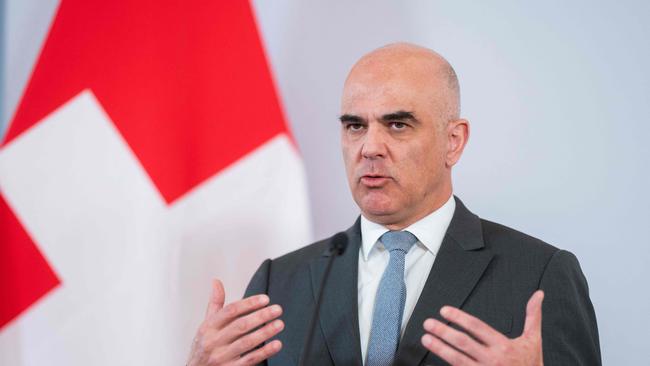
Spy writers made hay with shady antics in the wartime neutrals — Ian Fleming gained inspiration for James Bond adventures in visits to Portugal’s Estoril casinos, where Gestapo agents, deposed royal families and Jewish refugees sat together at the gaming tables — but there was really nothing romantic about them, even then. Neutrality is an act of cynical withdrawal.
Now, the imperative is to protect the sovereignty of Ukraine and to have a clear sense of western obligations. That applies to Erdogan’s Turkey which seems to believe it can continue to straddle Russia and the West while remaining an influential NATO member. It, too, has to make up its mind before it slips with a hard bump between two stools.
And it applies to the many African and Asian countries that are writing off the Ukraine conflict as an attempt by America to assert its hegemonic role and the death throes of Europe. They should understand that what is happening in the eastern borderlands is a Russian colonial war. Not a time for anyone to sit on the fence.



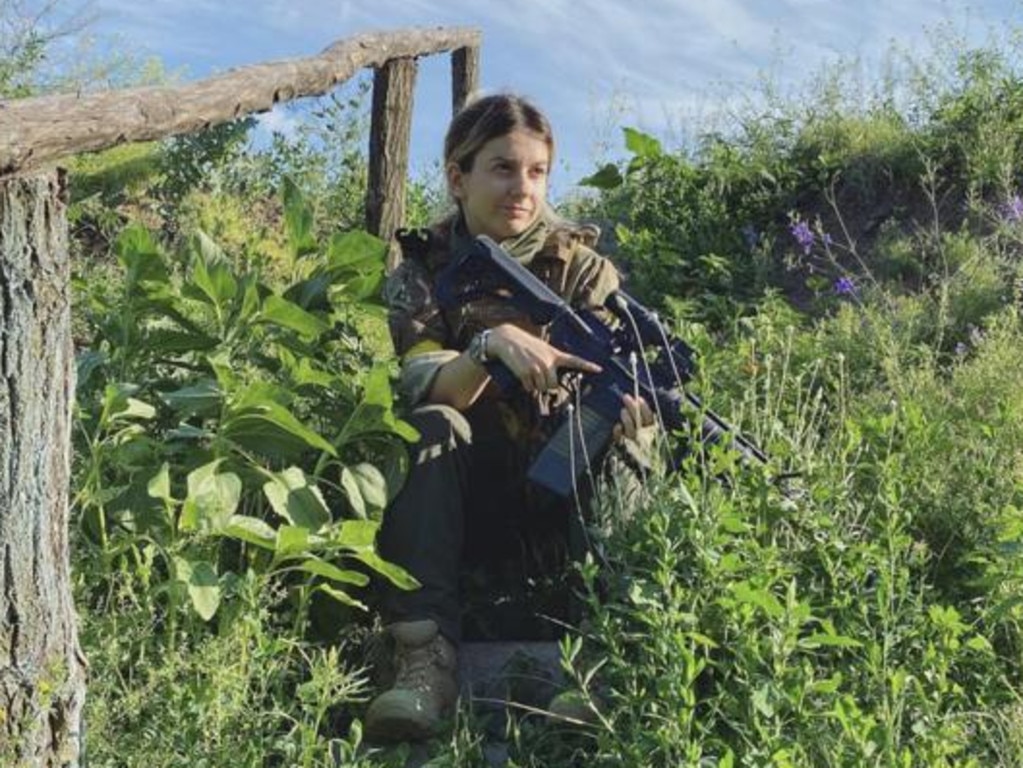



Neutral states have always been regarded as a kind of playground by Russian spooks. The KGB and its successors felt free to operate in Vienna, hiring stooges, running networks, infiltrating international organisations. While there was western outrage at Vladimir Putin’s land-grab of Crimea in 2014, it was soon back to business as normal in Austria. Putin was spotted waltzing at the wedding of the Austrian foreign minister Karin Kneissl, rewarding her with an approving smile as she performed a deep curtsy before him.